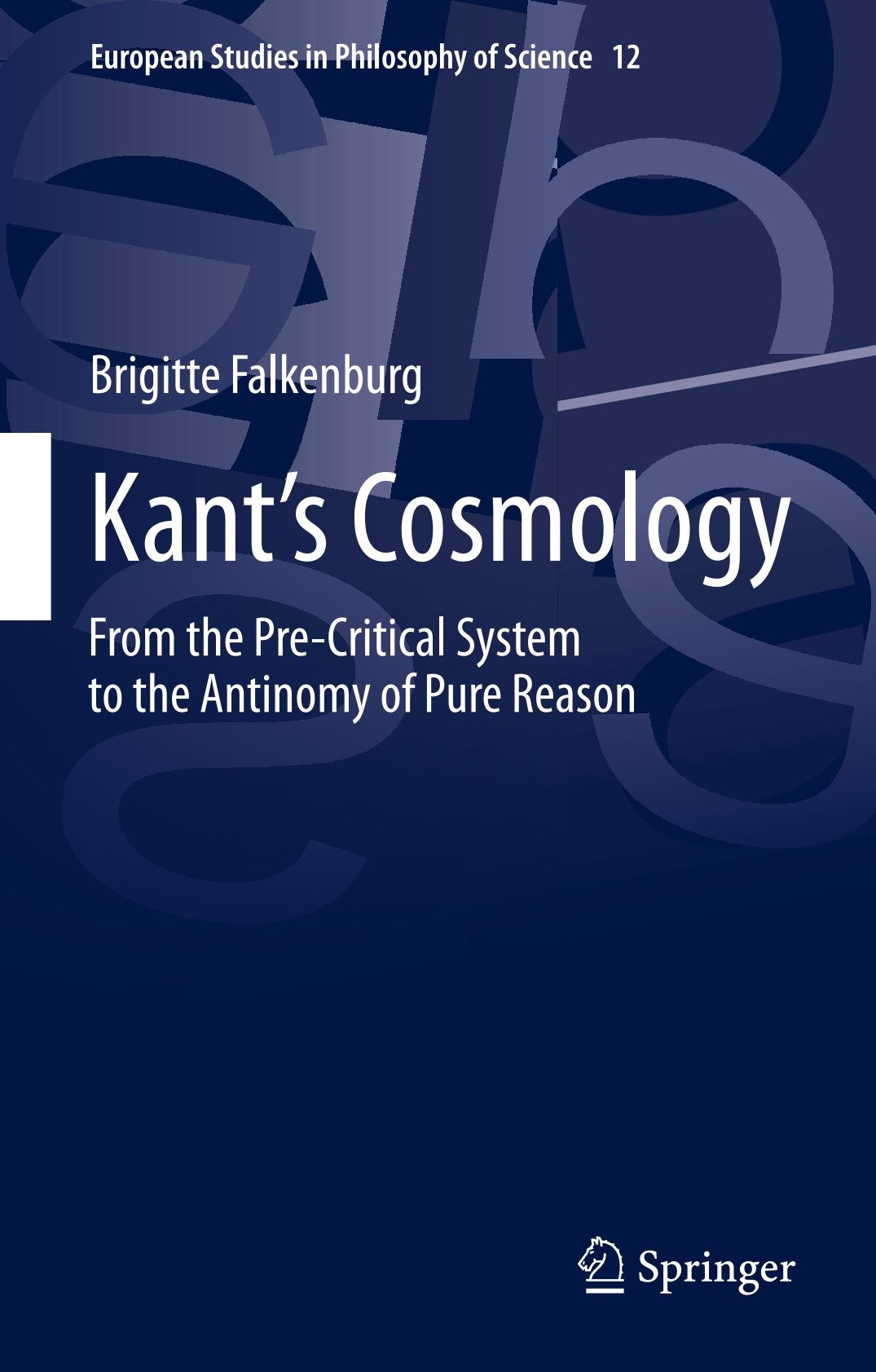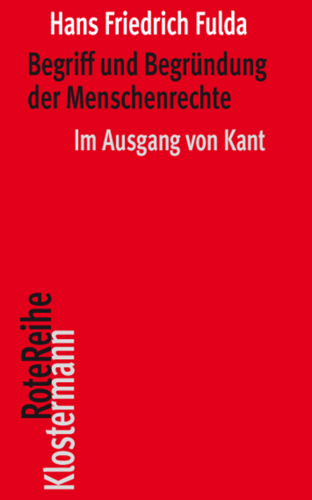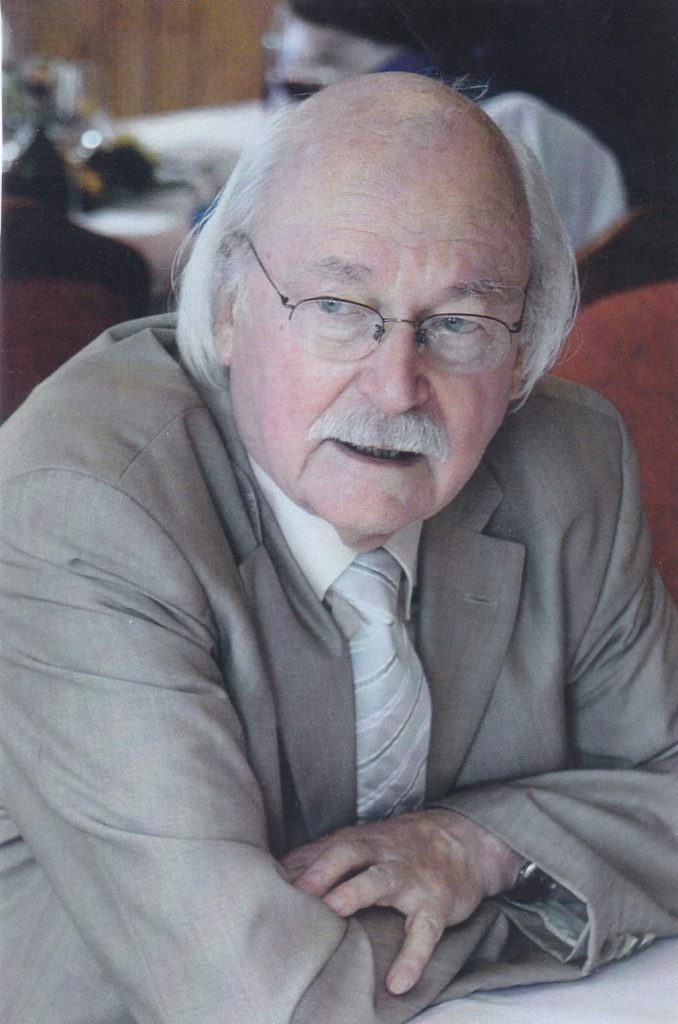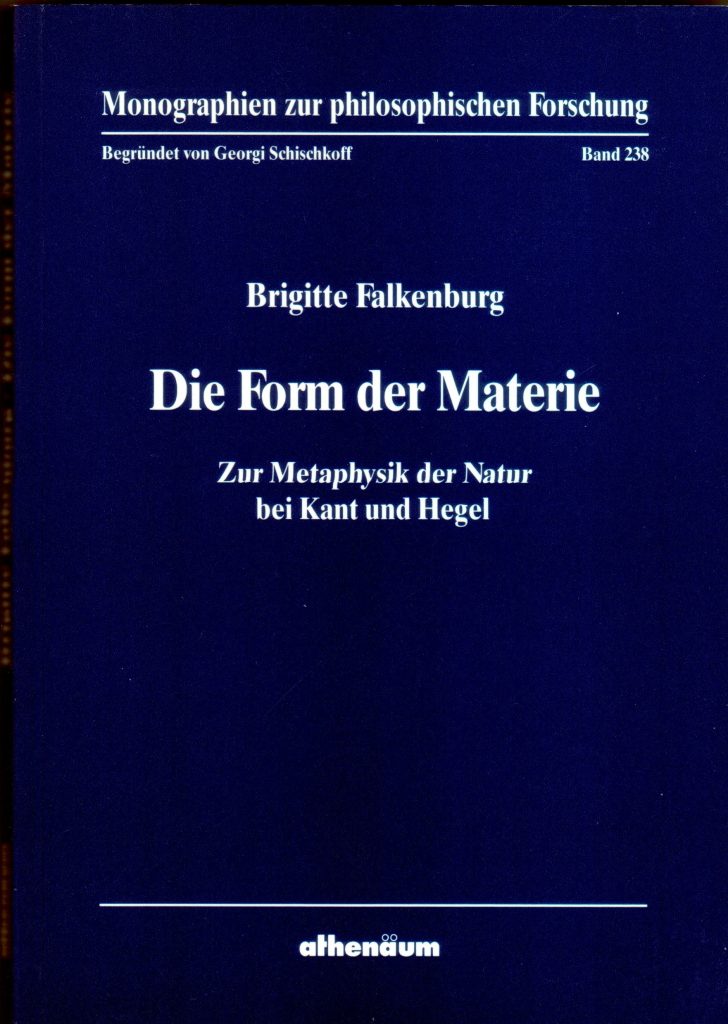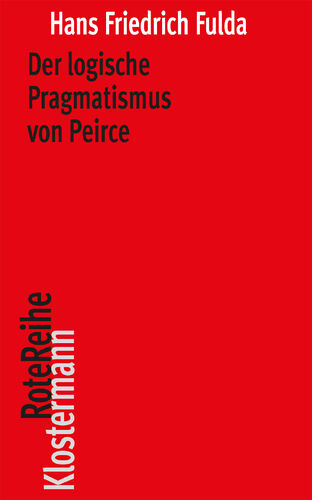History of Philosophy
Kant
- Kant’s Cosmology. From the Pre-Critical System to the Antinomy of Pure Reason. Cham: Springer Nature 2020. https://doi.org/10.1007/978-3-030-52290-2
- Fulda, Hans Friedrich: Begriff und Begründung der Menschenrechte – Im Ausgang von Kant (ed. by B. Falkenburg). Frankfurt am Main: Klostermann 2024.
https://www.klostermann.de/Fulda-Hans-Friedrich-Begriff-und-Begruendung-der-Menschenrechte
- Inductive Reasoning in Kant’s Metaphysics of Nature (with K. Engelhard). In: A. Hüttemann & G. Schurz (eds.), Inductive Metaphysics. Insights, Challenges, and Prospects. London and New York 2025.
https://www.taylorfrancis.com/chapters/oa-edit/10.4324/9781003514404-5/inductive-reasoning-kant-metaphysics-nature-kristina-engelhard-brigitte-falkenburg - The Function of Natural Science for the Ends of Reason. In: Paula Órdenes und Anna Pickhan: Teleologische Reflexion in Kants Philosophie. Wiesbaden: Springer VS 2019, 93-109.
https://doi.org/10.1007/978-3-658-23694-6_5 - Kant and the Scope of the Analytic Method. In: Studies in History and Philosophy of Science 71 (2018), 13-23. https://doi.org/10.1016/j.shpsa.2018.06.005
- Was beweist Kants Experiment der reinen Vernunft? In: Violetta L. Waibel et al. (eds.), Natur und Freiheit: Akten des XII. Internationalen Kant Kongresses. Berlin: De Gruyter 2018, Band 1, 641-659. https://doi.org/10.1515/9783110467888-045
- From Kant’s Early Cosmology to the Cosmological Antinomy. In: Silvia De Bianchi (ed.), The Harmony of the Spheres. Kant and Herschel on the Universe and the Astronomical Phenomena. Cambridge Scholars Publishing 2013, 48-70. https://cambridgescholars.com/product/978-1-4438-4844-2/
- Intuition and Cosmology: The Puzzle of Incongruent Counterparts. In: Intuition and the Axiomatic Method, ed. by E. Carson and R. Huber, Dordrecht: Springer 2006, 157-180. https://doi.org/10.1007/1-4020-4040-7_8
- Some Remarks on Cosmology and Scientific Realism. In: Kairos 26 (2005), 229-246.
- Kants Naturalismus-Kritik. In: Warum Kant heute? (Hrsg.: K. Engelhard und D. Heidemann) Berlin: de Gruyter 2004, 177-206. https://doi.org/10.1515/9783110908473.177
- Experience and Completeness in Physical Knowledge: Variations on a Kantian Theme. In: Philosophiegeschichte und Logische Analyse, Schwerpunkt: Geschichte der Naturphilosophie (ed. by U.Meixner und A.Newen). Paderborn: Mentis 2004, 153-176. https://doi.org/10.30965/26664275-00701010
Hegel
- Die Form der Materie. Zur Metaphysik der Natur bei Kant und Hegel. Frankfurt am Main: Athenäum 1987.
- Grenzen der Farbsymmetrie. In: Anastasia Klug et al., Goethe, Ritter und die Polarität. Geschichte und Kontroversen. Paderborn: Mentis 2021, 229-250. https://doi.org/10.30965/9783969752357_011
- Wohin fliegt die Eule der Minerva? Über die Verkehrung von Licht und Finsternis. Beitrag zum Buchsymposium über: Müller, Olaf L.: Mehr Licht. Goethe mit Newton im Streit um die Farben. Frankfurt am Main: 2015. In: Zeitschrift für Philosophische Forschung 69 (2015), 574-580.
http://www.jstor.org/stable/24587594 - How to save the Phenomena: Meaning and Reference in Hegel’s Philosophy of Nature. In: Hegel and the Philosophy of Nature. Hrsg.: S. Houlgate; State Univ. of New York Press 1998, 97-135.
https://doi.org/10.5840/hsaproceedings1998147 - Hegel on Mechanistic Models of Light. In: M.J. Petry (ed.), Hegel and Newton, Dordrecht: Kluwer 1993, 531-546. https://doi.org/10.1007/978-94-011-1662-6_32
- Die Wurzeln von Hegels Materieauffassung bei Leibniz und Kant. In: Hegel-Jahrbuch 1989, hrsg. von H. Kimmerle, W. Lefèvre, R.W. Meyer. Gießen: Germinal 1989, 71-77.
Peirce
- Fulda, Hans Friedrich: Der logische Pragmatismus von Peirce (ed. by B. Falkenburg). Frankfurt am Main: Klostermann 2025. Fulda, Hans Friedrich: Der logische Pragmatismus von Peirce – Vittorio Klostermann – Philosophie, Recht, Literatur, Bibliothek
„Wenn man wie der Verfasser jahrelang in den Bahnen des deutschen Idealismus gedacht hat, so will man wissen, wie es mit dem Verhältnis von Theorie und praktischem Verhalten im Allgemeinen steht. Hierüber geben die modernen, instrumentalistischen Versionen des Empirismus keine befriedigende Auskunft. Worauf geht die Erkenntnis letzten Endes aus? Hat sie ihr eigenes Ziel und im Verhältnis dazu ihre eigene Gültigkeit? Oder ist ihr Ziel bestenfalls eine Setzung praktischer Vernunft, schlimmstenfalls das Rätsel eines blinden Lebensschicksals? Wenn man es nicht vorzieht, diese Fragen durch einen hinlänglich reduzierten Begriff von Philosophie überflüssig zu machen, so kann man sich für sie im Umkreis des Pragmatismus keinen besseren Rat holen als bei Peirce.“
- Peirce im Werk von Hans Friedrich Fulda. In: Fulda, Hans Friedrich: Der logische Pragmatismus von Peirce, Frankfurt am Main: Klostermann 2025, 9-25.
Neukantianismus
-
- Grete Hermann’s Philosophy of Quantum Mechanics: A Late Appraisal. In: HOPOS: The Journal of the International Society for the History of Philosophy of Science, Vol. 11, No. 1 (2021), 201-210. https://doi.org/10.1086/712935
- Edgar Wind on Experiment and Metaphysics. In: Journal of Transcendental Philosophy, Vol. 2, No. 1, 2021, 21-45.
https://doi.org/10.1515/jtph-2020-0038 - On Method: The Fact of Science and the Distinction between Natural Science and the Humanities. In: D. Heidemann (ed.), Kant and Neo-Kantianism. Kant-Yearbook 12. Berlin: de Gruyter 2020, 1-31.
https://doi.org/10.1515/kantyb-2020-0001 - Hermann Cohens Bedeutung für die Philosophie. In: G. K. Hasselhoff (Hrsg.), „Diese Einheit von Erzeugen und Erzeugniss fordert den Begriff des reinen Denkens.“ Vorträge zu Erkenntnistheorie und Religion im Denken Hermann Cohens. Universitätsverlag Potsdam 2020, 115-136. https://doi.org/10.25932/publishup-47730
- Wissenschaft und Technik als symbolische Formen. In: B. Recki (Hrsg.), Philosophie der Kultur – Kultur des Philosophierens. Ernst Cassirer im 20. und 21. Jahrhundert. Cassirer-Forschungen Band 15. Hamburg: Meiner 2012, 537-552. https://www.academia.edu/144347195/Wissenschaft_und_Technik_als_symbolische_Formen

